With the end of financial year approaching, employee performance reviews are in full swing for many organisations. Performance reviews have long been a feature in the annual calendar of many businesses, intended to provide feedback, assess employee contributions and identify areas for improvement. However, it is not a fool-proof process, and if done poorly, the performance review process can be a disengaging and a negative experience for both employees and managers.
While there are many inputs to a good performance review, here are our top 5 tips for a robust, fair and valuable process.
| 1. | Setting the scene: Feedback conversations often involve emotions, both for the giver and the receiver of feedback. Emotions such as anxiety, defensiveness, or surprise can influence heart rate and lead to a negative experience of the review. To alleviate or help prevent negative emotions, set the scene for the performance review by providing regular feedback, allowing a two way conversation on the overall employee experience and building an environment of trust, where feedback is valued. Setting the scene for a performance review doesn’t just happen the day before the scheduled review, but takes place all year round. |
| 2. | Individualised Approach: Each employee is unique, with different strengths, weaknesses, and career aspirations. A good performance review acknowledges this individuality and adjusts feedback and development plans accordingly. It recognises and appreciates the employee’s unique contributions. Be mindful however that taking an individual approach should be complimented with a calibration exercise or other structured processes that compare contributions to avoid subjectivity and bias. |
| 3. | Focus on current performance and future potential: Traditional performance reviews tend to be backward-looking, focusing primarily on past achievements rather than assessing an employee’s potential for growth and future success. By neglecting to evaluate an employee’s capacity to learn, adapt, and acquire new skills, performance reviews can hinder career progression and put people off tackling new challenges. |
| 4. | Manager Training: Conducting effective performance reviews requires skill and training. Organisations should invest in training managers to ensure they have the necessary knowledge and tools to provide meaningful feedback and support employees’ growth and development. |
| 5. | Follow-up and Accountability: A good performance review does not end with the meeting itself. It should include follow-up actions, timelines, and mechanisms for ongoing support and accountability. Regular check-ins and progress reviews help employees stay on track and demonstrate the organisation’s commitment to their development. |
For further guidance on effective performance reviews, or general HR support, please get in touch with one of our Consultants for a free consultation, we’d love to hear from you!
Amy Williams
Senior HR Consultant
Azuhr
+61 400 046 802
[email protected]


